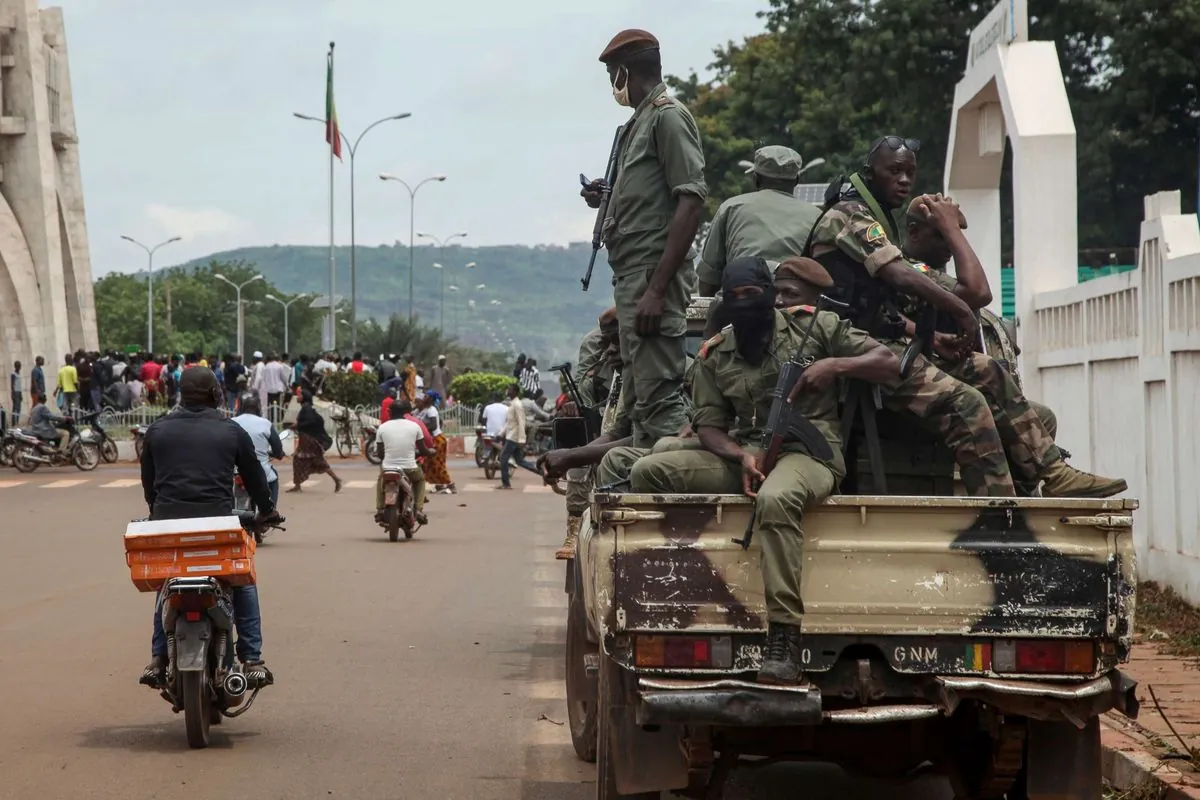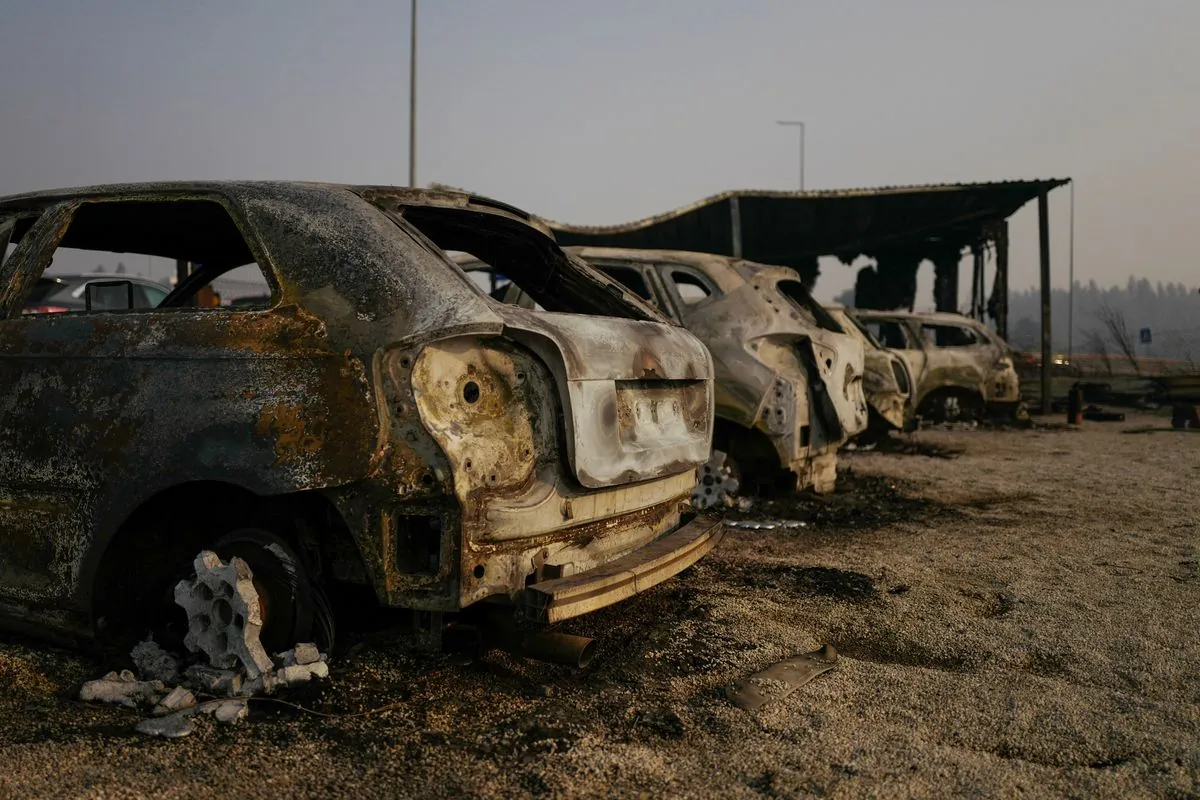Al Qaeda Affiliate's Deadly Attack Shakes Mali's Capital
An Al Qaeda-linked group launched a complex assault on Bamako, killing dozens and challenging the junta's security claims. The attack highlights ongoing instability in the Sahel region.

In a devastating turn of events, Mali's capital, Bamako, was rocked by a sophisticated attack orchestrated by an Al Qaeda affiliate on September 17, 2024. The assault, targeting an elite police training academy and the airport, resulted in a significant loss of life, with diplomatic and security sources estimating around 70 fatalities.
This incident has cast a shadow over the ruling junta's assertions of enhanced security in the country. The attack's scale and complexity have raised questions about the effectiveness of Mali's current security strategies, particularly since the government shifted its alliances from Western powers to Russia.

The conflict in Mali, which began over a decade ago in the country's arid northern regions, has since expanded across the Sahel, affecting neighboring nations and even reaching coastal areas. This widespread violence has resulted in thousands of casualties and displaced millions throughout the region.
"We claim responsibility for the attack on the police academy and airport in Bamako."
The attack's impact was visually documented through social media, with videos depicting insurgents setting fire to the presidential jet and revealing casualties at the police academy. These images have further intensified concerns about the country's stability.
Mali's current political landscape is shaped by its recent history of military interventions. Assimi Goita, who seized power in a 2021 coup, had recently claimed significant progress in weakening armed groups with Russian assistance. However, this attack, coupled with a devastating battle in July 2024 near the Algerian border, has cast doubt on these assertions.
The situation in Mali is complex, rooted in a rich historical context. As the eighth-largest country in Africa, Mali has been a crossroads of cultures and empires for centuries. The ancient city of Timbuktu, a UNESCO World Heritage site, stands as a testament to the country's historical significance. However, modern Mali faces numerous challenges, including environmental issues like desertification and political instability marked by multiple coups since its independence from France in 1960.
As the country grapples with this latest security crisis, the international community watches closely. The ongoing instability in Mali and the broader Sahel region continues to be a source of global concern, highlighting the need for sustainable solutions to address the root causes of conflict and extremism in this vital part of West Africa.


































